2001: A Space Odyssey (1968)
“I’m sorry, Dave. I’m afraid I can’t do that.”
|
Synopsis: |
|
Genres, Themes, Actors, and Directors:
Response to Peary’s Review: While they were “once peaceful vegetarians, they become meat-eaters and intelligent enough to use bones as weapons to kill other animals for food and to chase other apes away from their territory.” Peary notes that “they have evolved into ape-men and their human descendants will retain their warring instincts” — indeed, “progress and brutality go hand in hand” — as well as their “territorial imperative” and “a notion of God.” He asserts that “it is for the viewer to decide if the superior alien intelligence that sent the monolith and caused man to evolve from the apes (instead of the neighboring tapirs!) is God as we define God,” and adds parenthetically, “I believe that Kubrick thinks the concept of God is so unfathomable to us that if an alien intelligence has the power over us that we always associated with God, then we might as well call it God.” After this description of the beginning of the movie, Peary goes on to write that the “film moves from the past to 2001, when Dr. Heywood Floyd (William Sylvester), an American scientist, investigates the discovery of a monolith on the moon” which has been sending “a piercing signal” — likely from “a distant intelligence” — which indicates “that man has evolved to the point where the monolith has been discovered.” However, Peary points out that “man is nothing special: he is boring, untrusting…, nationalistic, uncommunicative;” indeed, he posits that “while man has made great technical advances in communication, men are incapable of meaningful, intelligent conversation, and are unworthy of their own scientific achievements.” Meanwhile, “American big business has expanded: Pan Am, Bell Telephone, the Hilton chain, and Howard Johnson’s are prominent at the space station.” The bulk of the action, however, takes place “on a spaceship”, where “we see that the astronauts, Bowman (Keir Dullea) and Poole (Gary Lockwood) are completely subservient to a computer named HAL”: … which “is actually more interesting than the men” given that “they are mechanized” while “HAL is a neurotic.” SPOILERS AHEAD Peary describes HAL as “both a Frankenstein monster turning on its human creators (he tries to dispose of the crew) and a Big Brother which, unlike the situation in Orwell, men have intentionally set up to spy on them.” He argues (I agree) that “there is no scarier scene [in the movie] than when HAL reads the lips of Bowman and Poole as they plan to dismantle this rebellious computer.” Soon we reach one of the film’s most famous sequences, “an unforgettable scene” in which “Bowman dismantles HAL.” He argues that “the battle between man and computer, resulting in HAL’s death, releases emotions that Bowman had previously held in check: fear and sorrow,” and that “the destruction of the oppressive computer is the signal to the aliens — who may have set up the combat… — that Bowman is worthy of being the human being who comes to them.” Since I’ve already revealed numerous spoilers, I’ll continue quoting from Peary’s descriptive review, where he writes, “After traveling through space — ‘the ultimate trip’: … Bowman finds himself in a terrarium observed by alien creatures,” where he “ages rapidly and becomes the first character in the film to eat at a table and the first to eat tasty food — from a plate, too.” Peary concludes his review by asserting that Bowman “becomes civilized man,” given that “Kubrick believes that ‘the missing link between the apes and civilized man is the human being — us.'” Finally, “Bowman dies and evolves into a star child, floating through space towards earth,” and “the evolution of man from ape to angel is complete.” Peary’s analysis of this enduring cult favorite is, of course, a subjective one; as he writes in Cult Movies, much of its “continuing popularity is due to so many having different interpretations.” Meanwhile, in Alternate Oscars, Peary asserts that “in 1968 every film was dwarfed by Kubrick’s monumental achievement” — which says a lot given that this was the year we also saw “Roman Polanski’s Rosemary’s Baby, Richard Lester’s Petulia, Peter Bogdanovich’s Targets, Michael Reeves’s The Conqueror Worm, Noel Black’s Pretty Poison, Karel Reisz’s Isadora, Sergio Leone’s The Good, the Bad, and the Ugly, Peter Yates’s Bullitt, Ralph Nelson’s Charly, Jean-Luc Godard’s Weekend, [and] Luis Bunuel’s Belle de Jour,” in addition to the formally Oscar-nominated Funny Girl, The Lion in Winter, Rachel, Rachel, and Romeo and Juliet. Whew! He writes, “It’s hard to impress on people who weren’t there just how thrilling it was to see 2001 when it was released in 1968 at New York’s Cinerama Theatre. One sat up close and with eyes wide during the ‘Dawn of Man’ sequence, the stunning fifteen-minute ‘star-gate’ sequence that was conceived by special effects wizard Douglas Trumbull, the finale when the enormous baby (the new ‘Jesus’?) drifts toward earth, and so many other scenes.” He notes that he remembers “when [his] college film society voted the next year not to book the film because it would have been shown in 35mm and we worried that those who saw it for the first time would be gypped” — ironic, given that “today, people routinely watch it on their twelve-inch televisions” (or perhaps even their phones). Indeed, there’s no denying the “visual power” of this film, which remains hypnotic and impressive throughout — in addition to being hypnotically slow, which I fully understand was Kubrick’s intent, but makes this film one I admire more than I enjoy. Regardless, it’s such a cult classic — and filled with so many impressive special effects and sets and images — that it’s impossible not to recommend as must-see viewing at least once, if not a few more times. Redeeming Qualities and Moments: Must See? Categories
(Listed in 1001 Movies You Must See Before You Die) Links: |
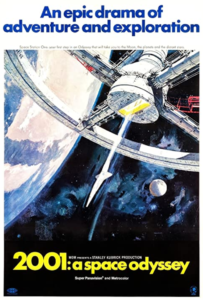
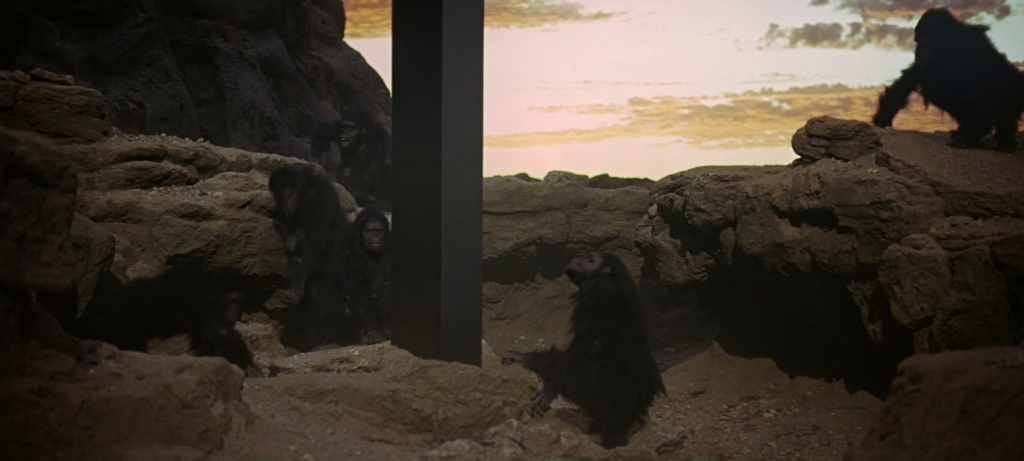
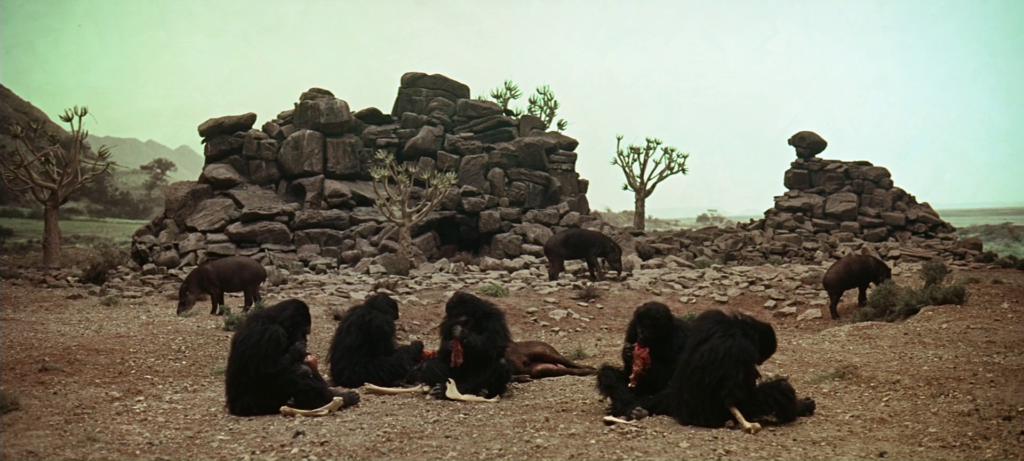
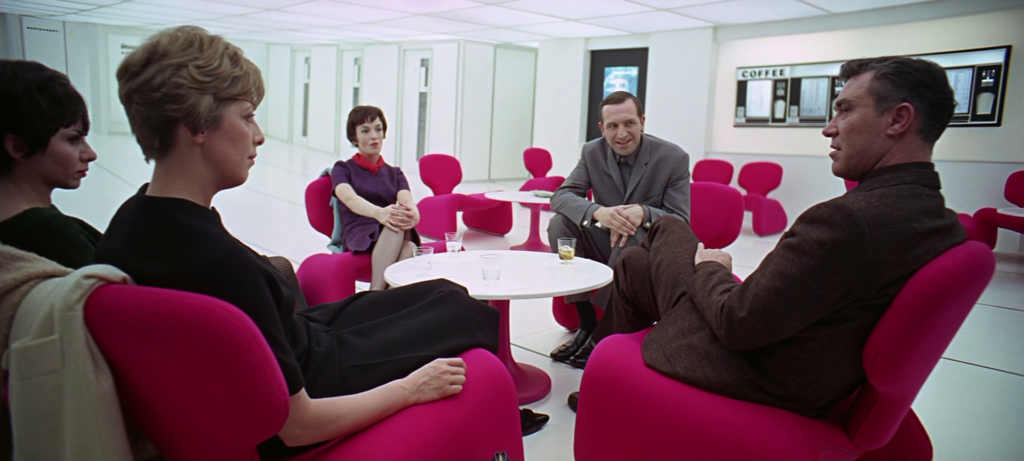
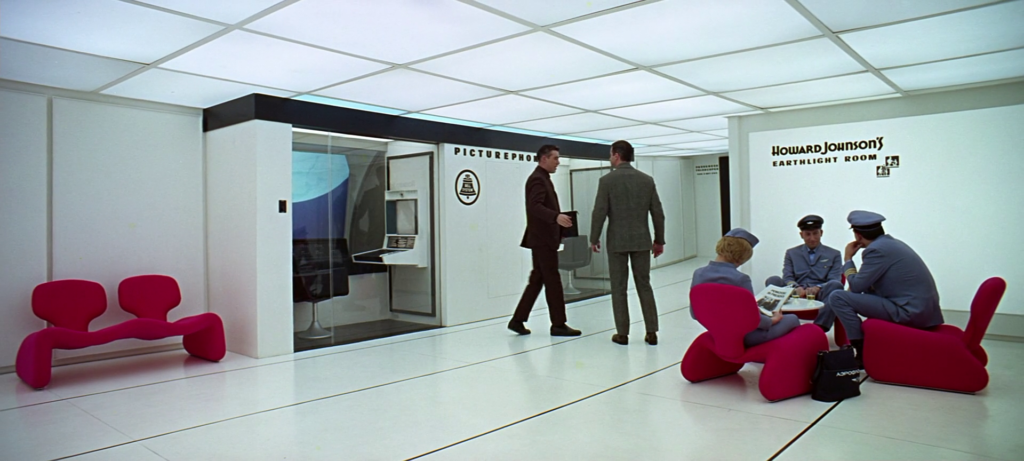
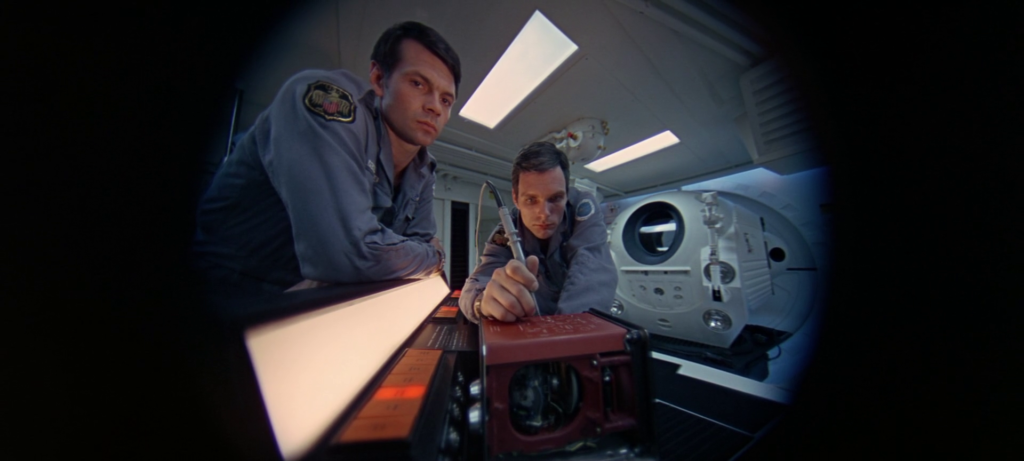
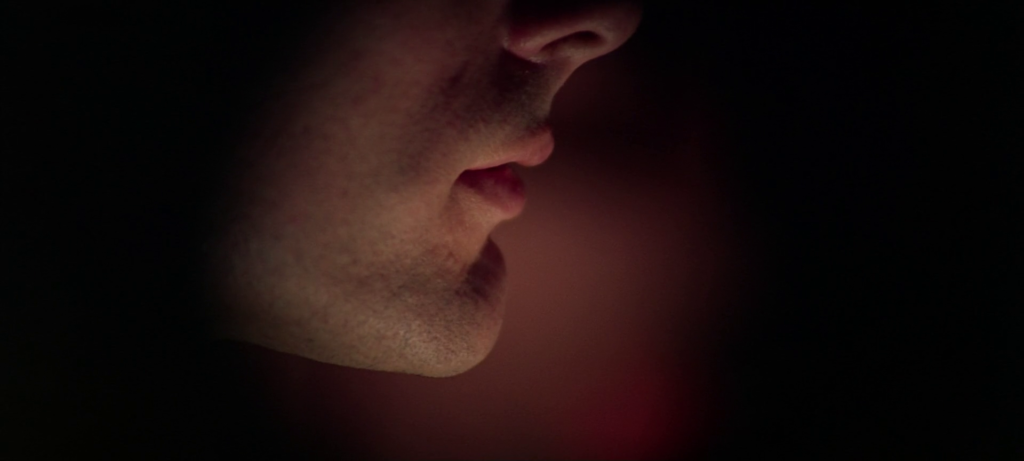
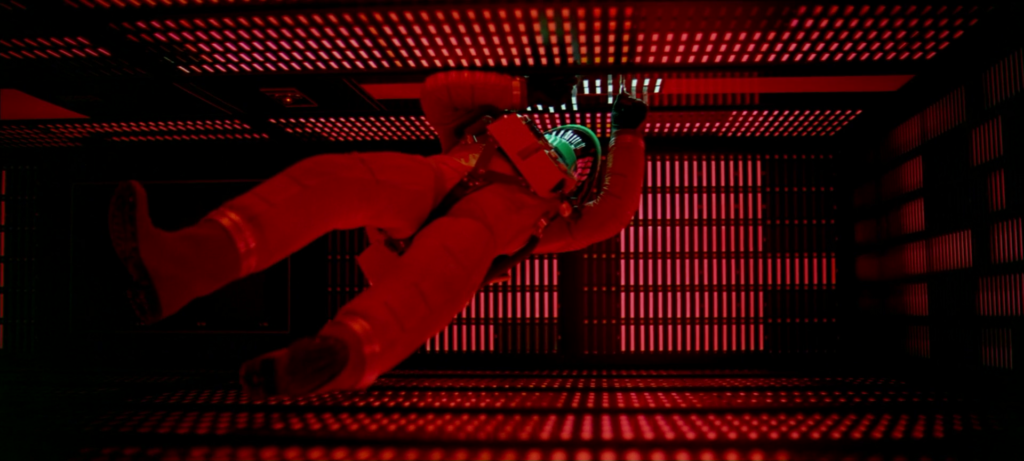
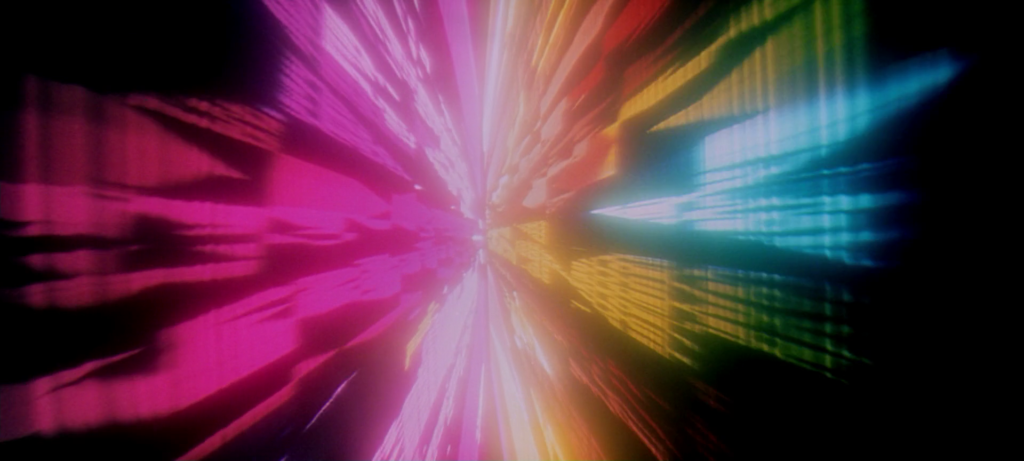
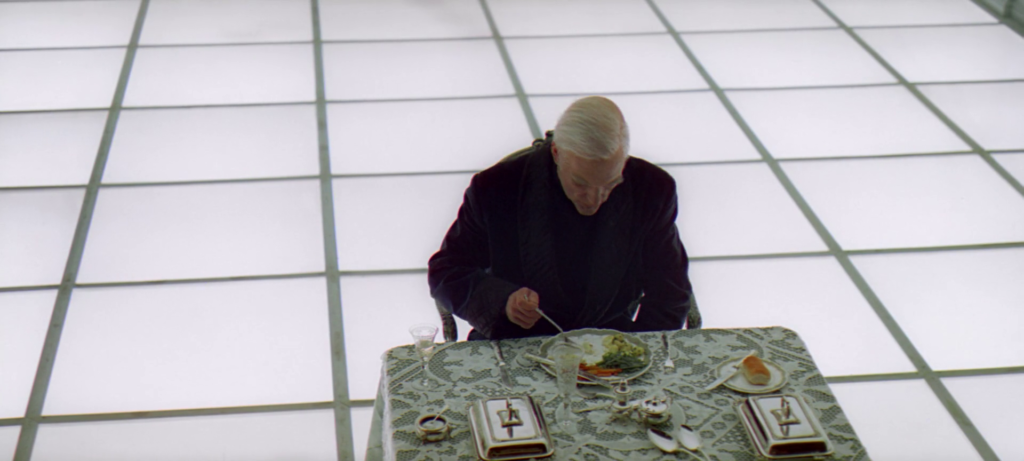
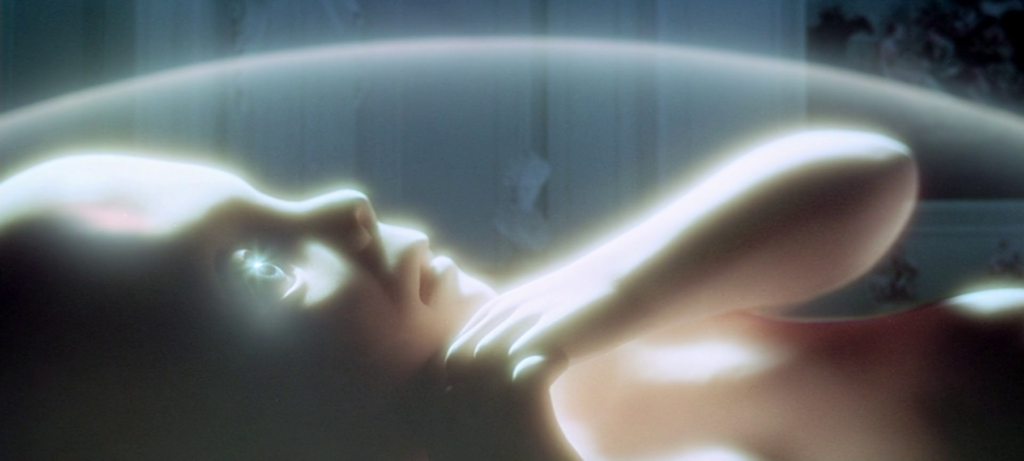
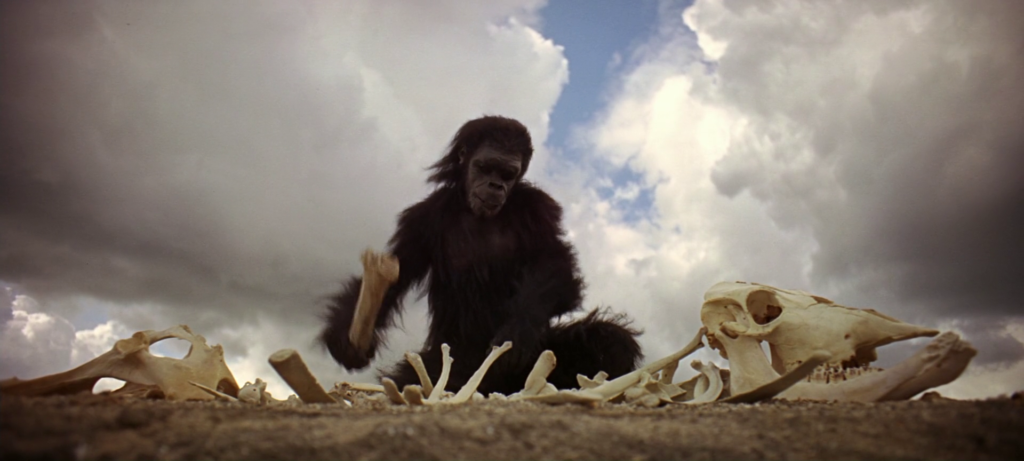
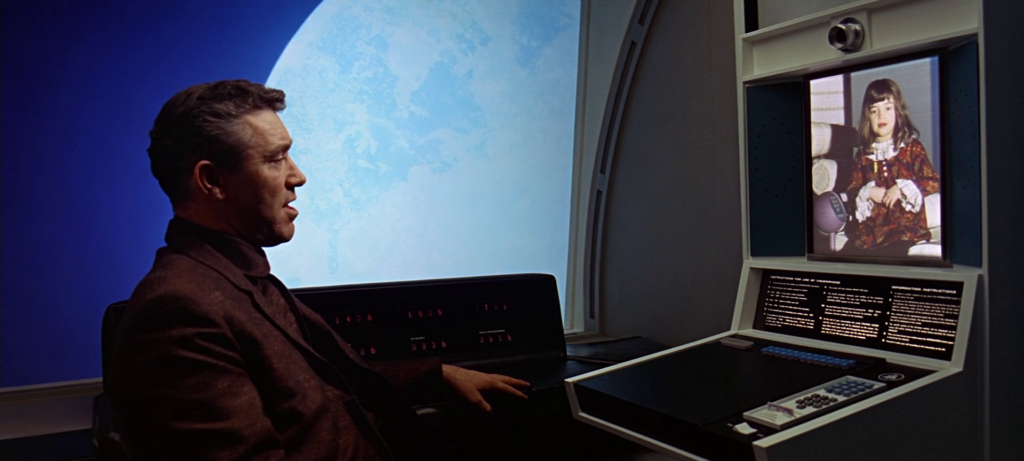
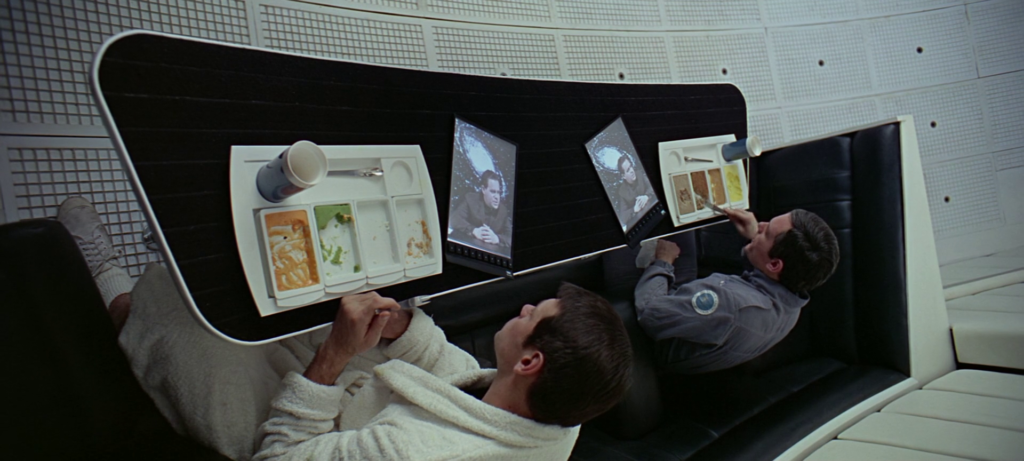
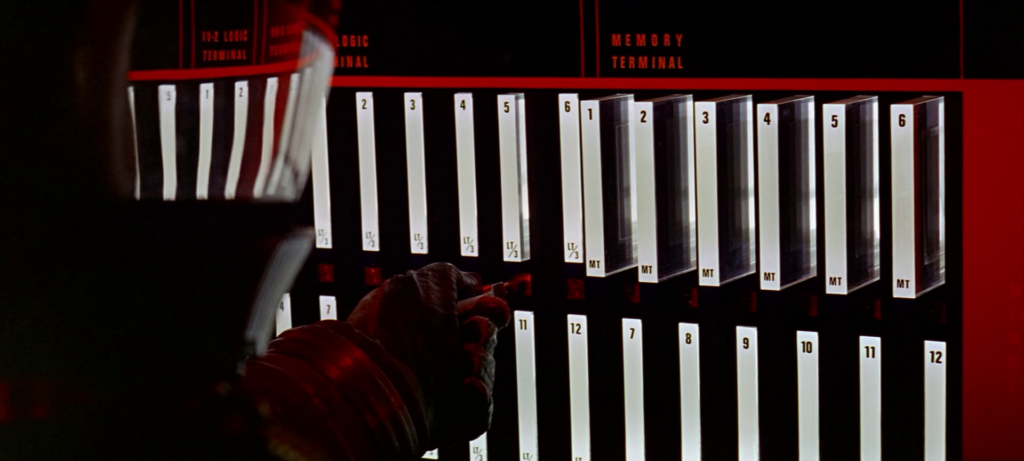
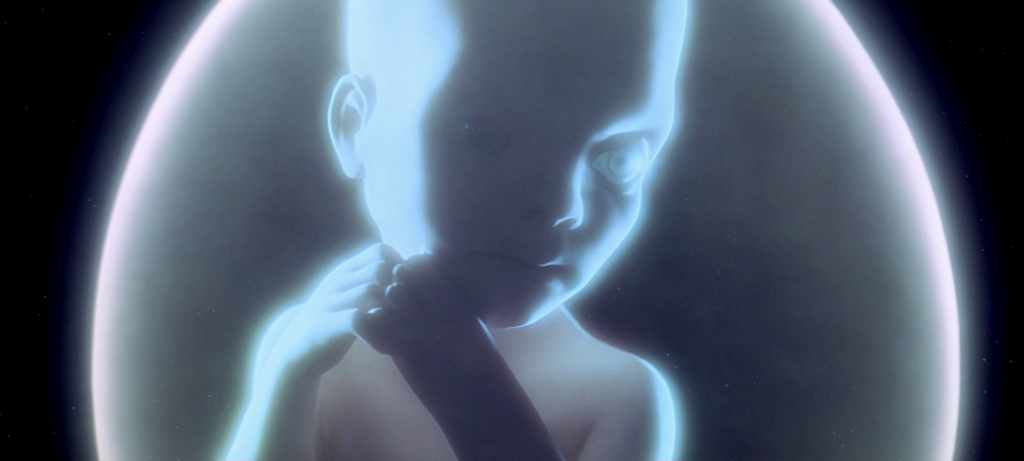
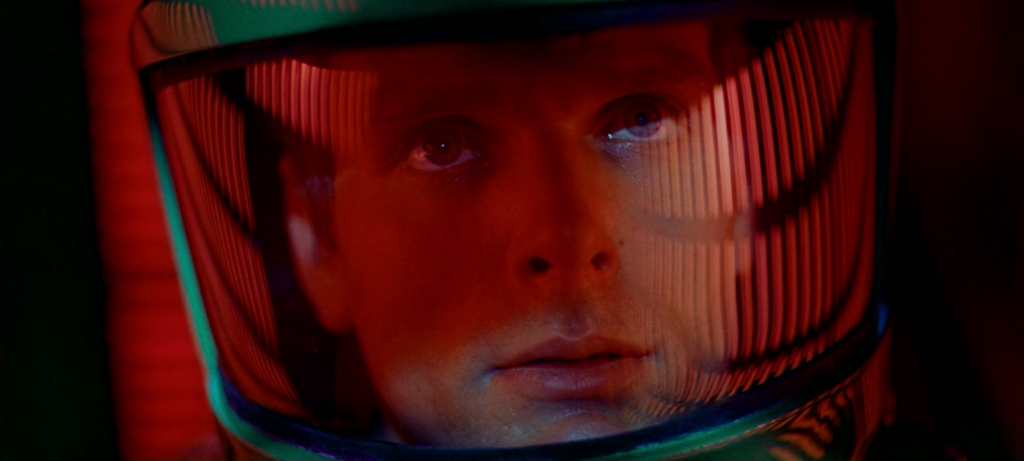
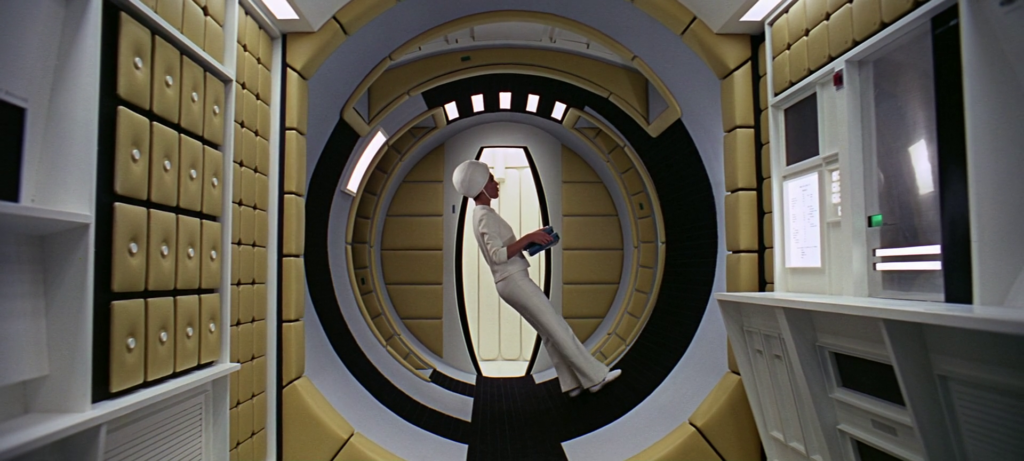
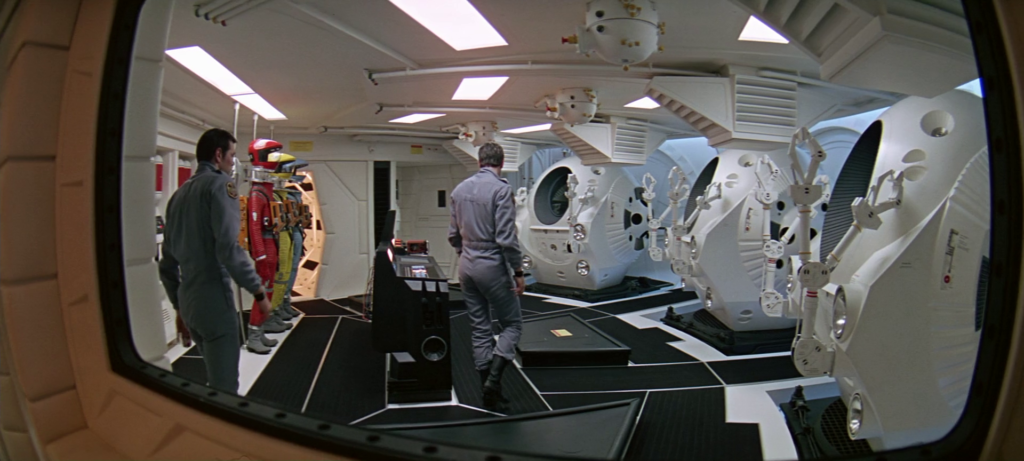
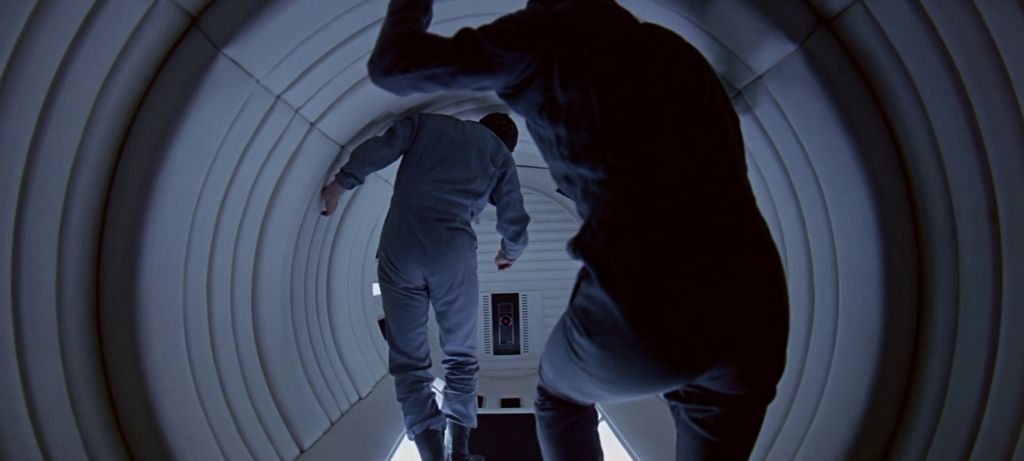
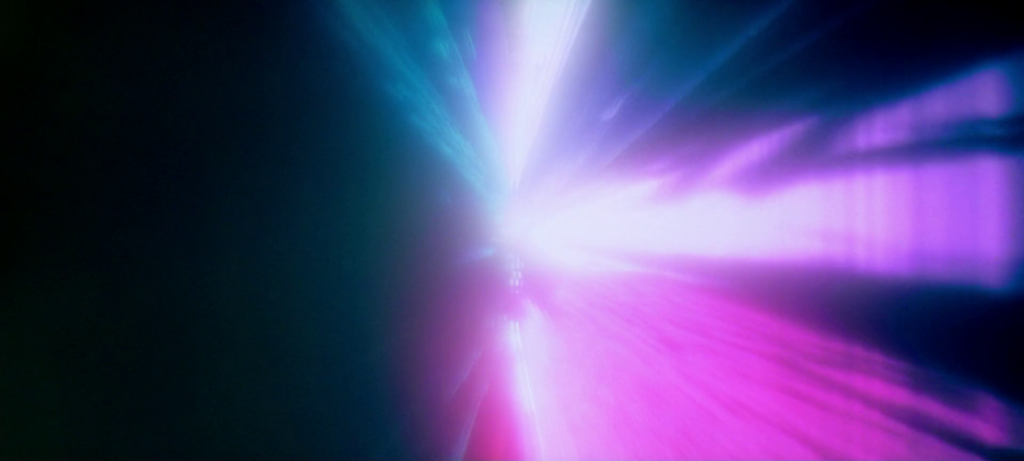
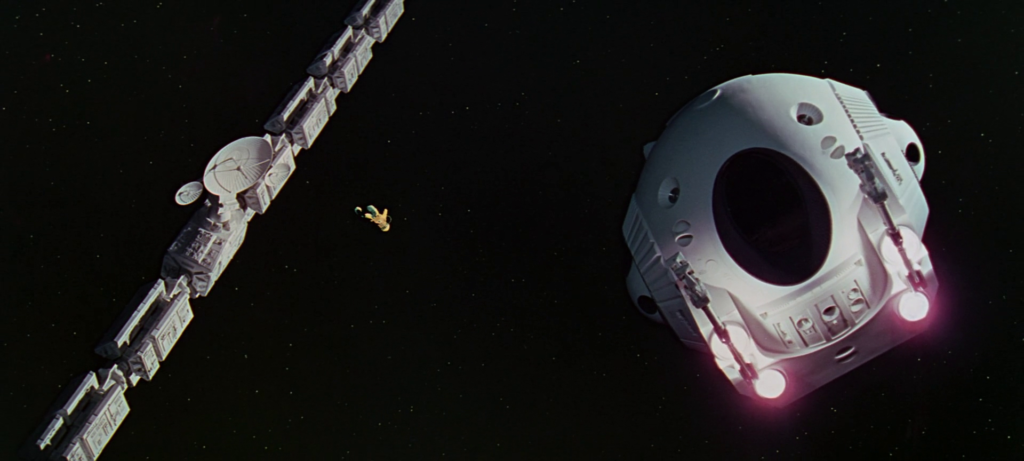
6 thoughts on “2001: A Space Odyssey (1968)”
⭐️⭐️⭐️⭐️ out of ⭐️⭐️⭐️⭐️
In total agreement; a film one admires more than enjoys for all the reasons for and against given. I actually much prefer 2010 (1984) which adds the human element to the big ideas and is just as mind-blowing. I’ve seen both in 70mm on an IMAX screen.
With 2001, definitely a must see for film fanatics. Despite being superb, 2010 isn’t must see but I do highly recommend it.
Incidentally, this isn’t a cult classic. A cult classic is a film that is generally ignored by the mainstream and critical fraternity but has fervent defenders. 2001 is a cast-iron, bonafide box office success and critical darling. The antithesis of a cult film. 2010 however …
We need to be able to edit our comments even if only for an hour after posting.
Rick, I changed your user status to a contributor – can you check and see if that allows you to edit? There are some other roles I can try, too.
How do I do that, edits I mean? I can’t see anything that allows me to do that.
Must-see, mainly for reasons already stated, esp. “much of its ‘continuing popularity is due to so many having different interpretations.'” As a result, so much can be said – and, indeed, *has* been said – of this film that its importance is secure.
That said, I’m not really a fan of the film overall. I saw it on its release in a movie theater – and then several times over the years soon after. Maybe four or five times total. So it’s not like I didn’t give it a chance. I just find it sort of… bloated.
For me, the film only begins to start to work with the appearance of Dullea (this may be the only one of his performances I enjoy) and Lockwood. I’m gripped through the complications with HAL (which is like a whole other, more engaging movie) but then, as the film progresses from there, I’m not totally sold on the ‘ultimate trip’ stuff. I don’t mind a film being speculative but much of ‘2001’ feels pompous.
But then, that’s how I feel about Kubrick’s post-‘Dr. Strangelove’ work overall. I know many cinephiles think of Kubrick as a ‘god’ (a title also often and strangely handed to Godard) but I’m not quite as enamored (beyond 1964).
I think the strongest section of 2001 is the opening 20 minutes.